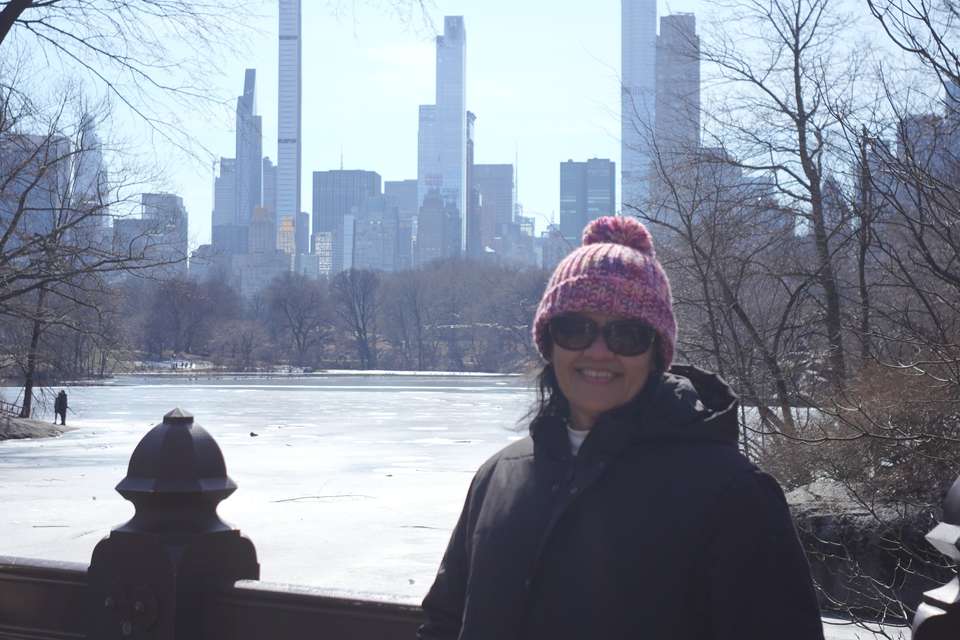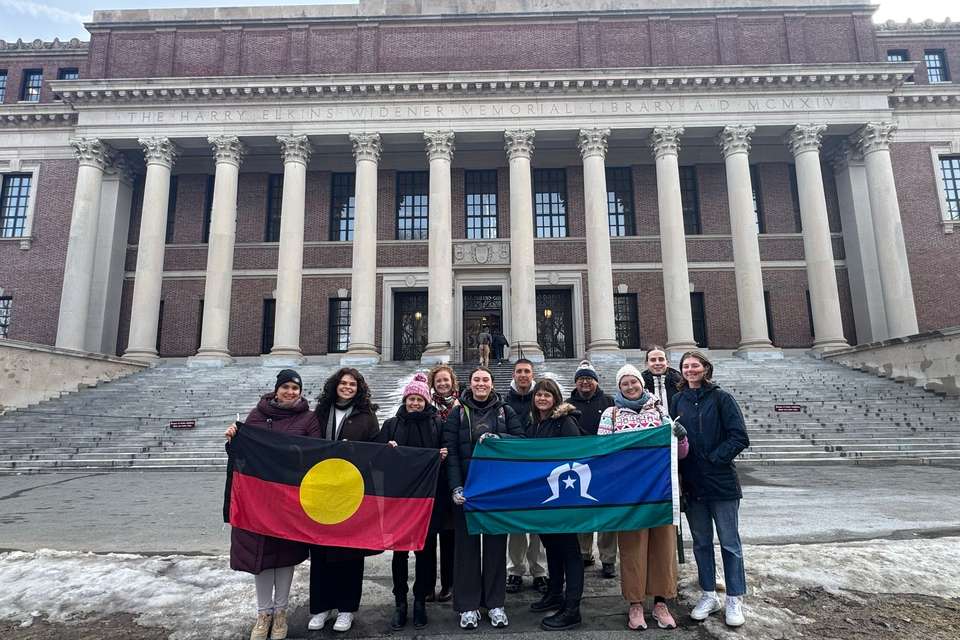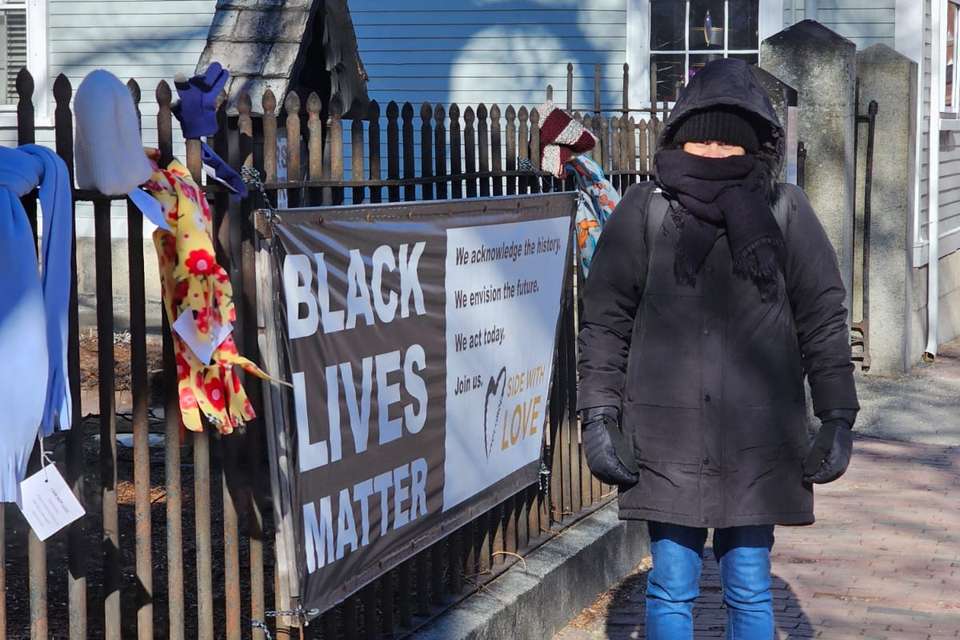Harvard University experience shapes student’s passion for First Nations healthcare

A CQUniversity Nursing student has represented her community on the global stage at a prestigious Indigenous study tour in the United States.
Rockhampton Bachelor of Nursing student Debbie Sandow gained firsthand insight into global healthcare systems and the experiences of other First Nations peoples through her participation in the program.
Coordinated by the Aurora Education Foundation, the tour supported Aboriginal and Torres Strait Islander students to access learning experiences at leading universities across the United States.
A proud Ghungalu woman, Debbie said the experience was life-changing, and provided a new perspective on the opportunities available as a future First Nations nurse.
“The US study tour opened my eyes to the opportunities that are out there for all First Nations Australians. It was a privilege to gain access to some of the most prestigious universities in America,” she said.
“I had no idea what to expect as I have never experienced anything like this before. I never thought I would ever travel overseas, let alone to set foot in the grounds of Harvard University and discuss the potential of studying there.
“It has inspired me, and I know that at some point in the future, I want to do further study at either the University of Arizona or Harvard University.”

Debbie said the similarities between the countries highlighted the need for greater cultural safety and representation in healthcare across both nations.
“First Nations people in the US suffer from similar conditions and treatment that Australian First Nations people suffer from, such as racism, communication issues and a lack of cultural understanding, which all discourage First Nations people from accessing healthcare.
“There are not many First Nations healthcare workers in either country. I want to bring my community the ability to advocate for First Nations people who are patients in our hospitals,” Debbie said.
“If anything, the experience made me realise the importance of what First Nations people can achieve and how these achievements can influence and inspire others to do the same.
“I didn’t realise personally how I can have such a profound effect on others. This has been reinforced by numerous patients who have expressed their happiness at having a First Nations nurse in healthcare, as there are not many of us out there.”
During her visit to the University of Arizona, Debbie was given a personal tour and learned about how the University’s approach to nursing and medical training differs to Australia.
“I was given a personal tour of the Mel and Enid Zuckerman College of Public Health by their Recruitment Officer, where I learned that their undergraduate nursing course and medical students work in conjunction with a public hospital that has been built next to the faculty," Debbie said.
“Their undergraduate student nurses spend several months on placement, whereas in Australia we only spend a few short weeks in a healthcare setting. Also, they have world class resources including a mannequin that simulates giving birth!”

With her graduation around the corner, Debbie said the study tour had influenced the kind of nurse she aspires to be.
“I feel like I have been working towards this degree forever and knowing that it is coming to an end brings many different emotions.
I have been successful in gaining a graduate nursing position with Queensland Health in the Renal Unit at Rockhampton Hospital next year.
"I am a different person to when I started this journey and I have a clear understanding of wanting to work in the First Nations chronic disease area, something I didn’t have at the start of this degree,” she said.
“I am excited about this next opportunity, particularly as my interest is in chronic disease and renal disease which affects First Nations people five times more than the general population.
“I want to be able to help them navigate the healthcare system and explain to them in terms they can understand and not medical jargon, exactly what is happening to them to help reduce the anxiety and stress they may feel while in hospital.”
Visit CQUniversity's Nursing website to explore a range of pathways to healthcare careers.
